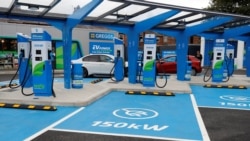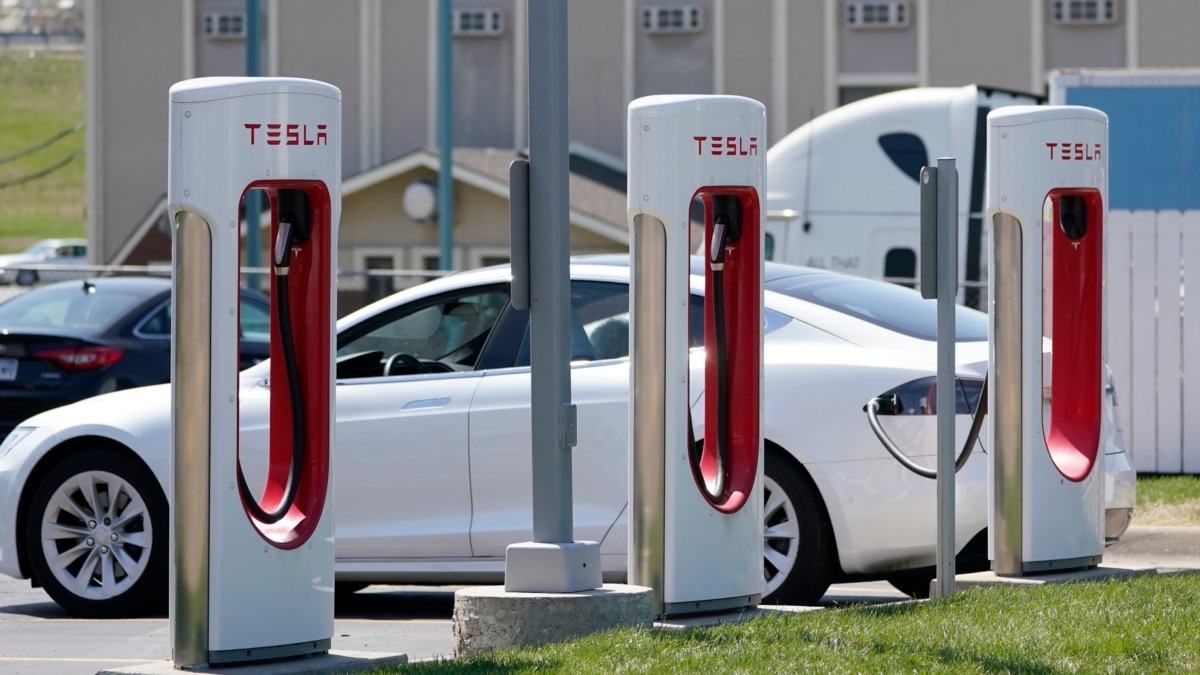Electric vehicles (EVs) are a powerful weapon in the global fight against global warming. However, the effects of electric vehicles depend on which country you are in. In some countries, electric vehicles emit more carbon gases than gasoline cars, new research shows.
The Radiant Energy Group (REG) compared gas Emissions caused by a gasoline vehicle and by charging an electric vehicle. The study compared the emissions caused by charging a Tesla Model 3 to travel 100 kilometers with the emissions of an average gasoline car that covers the same distance.
Countries where charging an electric vehicle is cleaner than driving a gasoline-powered car consume a lot Hydropower, Nuclear or solar energy.
Electric car sales are growing fastest in Europe. Data from REG suggests that electric vehicles in Poland and Kosovo actually cause more CO2 emissions because their electrical systems are so dependent on coal.
In other European countries, however, electric vehicles lead to lower emissions. The CO2 reduction depends on the energy the electricity systems deliver and the time of day the vehicles are charged.
The countries with the greatest CO2 savings through electric vehicles use a lot of nuclear and hydropower. First, Switzerland achieved 100 percent CO2 savings compared to petrol vehicles. Next came Norway with 98 percent, France with 96 percent, Sweden with 95 percent and Austria with 93 percent. The study was based on public data on European electricity consumption and the European Environment Agency (EEA).
The countries with the lowest savings were Cyprus with four percent, Serbia 15 percent, Estonia 35 percent and the Netherlands 37 percent. One EV driver in Germany reduced Greenhouse gas -Emissions by 55 percent compared to a gasoline engine. Germany uses a mix of renewable energies and coal to generate electricity.
Germany and Spain generate a lot of electricity from the sun and wind. But sun and wind do not enrich a country’s electricity system equally throughout the day.
Because of this, the amount of CO2 emissions saved while driving an electric vehicle depends on the time of day it is charged. Charging in the afternoon, when there is more sun and wind, saves 16 to 18 percent more CO2 than at night, when electricity systems tend to run on gas or coal.
CO2 emissions from electric vehicles avoided
The study was published shortly before talks on transport on Wednesday at the United Nations climate change meeting in Glasgow. During the meeting, a group of countries, companies and cities pledged to stop producing gas-powered cars by 2040.
However, the study showed how the auto industry’s ability to reduce emissions depends on which national power systems are using to generate electricity. European countries have not yet resolved how to reduce CO2 emissions and store some types of renewable energy in their systems.
the gap emissions between electric and gasoline vehicles has decreased in recent years. In Europe, automobile manufacturers must comply with EU standards for CO2 reduction. They made their gasoline engines more economical. As a result, CO2 emissions from new gasoline-powered cars in Europe fell by an average of 25 percent between 2006 and 2016, according to EEA information.
Electric vehicle sales in Europe will be supported by government spending and regulations against new gasoline-powered cars after 2035. About every fifth car sold in Europe from July to September of this year was electric.
Car manufacturers such as General Motors, Stellantis and Volkswagen have set themselves the goal of mainly selling electric vehicles in Europe in the coming years. The US automaker General Motors wants to have all new electric cars by 2022.
I am Dan Novak.
Reuters reported on this story. Dan Novak adapted it for VOA Learning English. Mario knight jr. was the editor.
Quiz – do electric cars help the environment?

Start the quiz to find out
________________________________________
Words in this story
emission – n. (often pl.) something that is sent, given or released
Hydropower– n. by or in connection with the generation of electricity through the use of machines that are operated with moving water
charge –V. power a device to make it work
Greenhouse gases -n. (pl.) a series of gases that trap heat and have been associated with warming the atmosphere
gap -n. a difference between people or things

